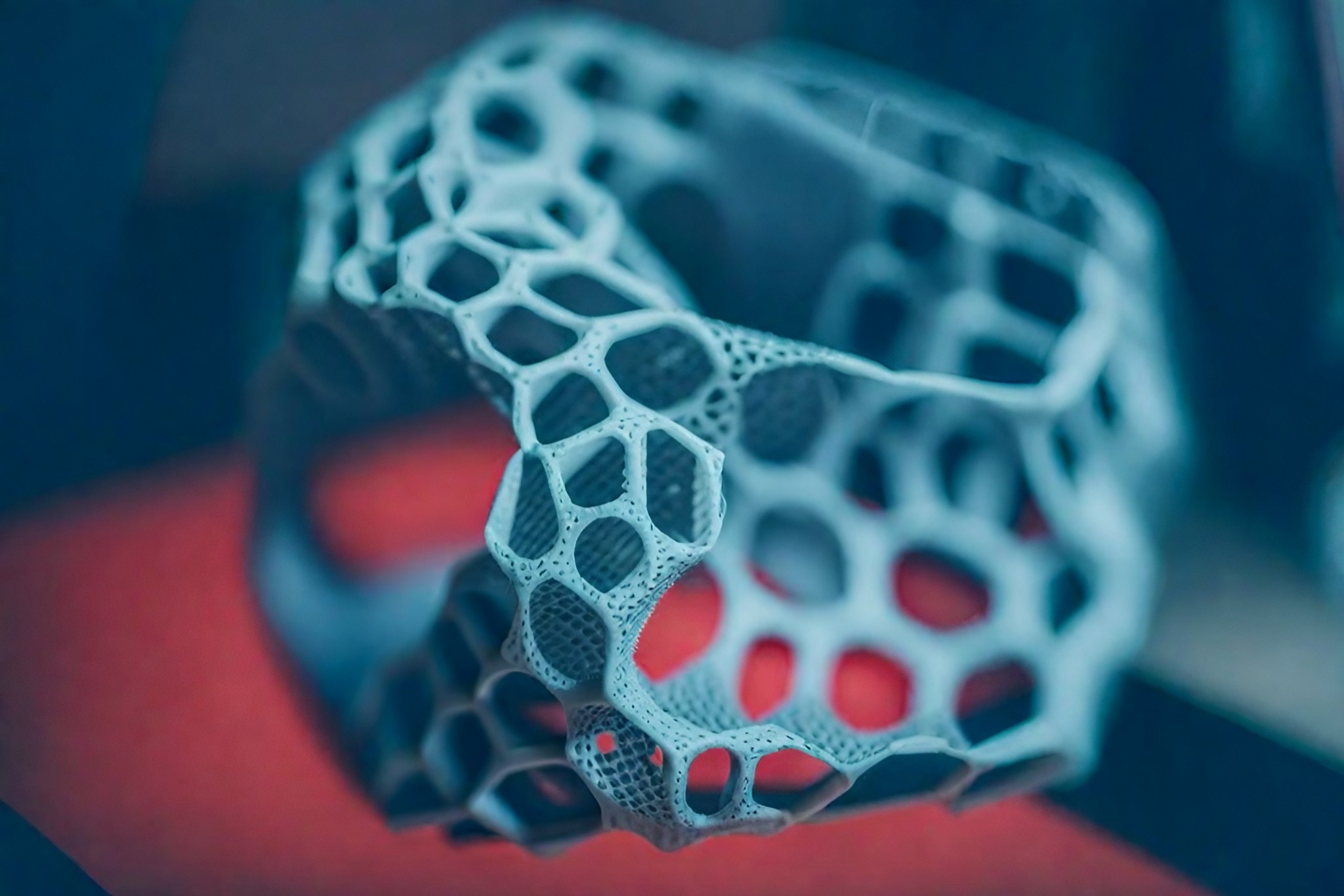In this article, we will delve into the properties and potentials of vitrimers and explore their advantages over traditional materials.
1. Dynamic Reshaping
One of the most significant advantages of vitrimers is their ability to undergo dynamic reshaping. Unlike traditional materials, which are typically static and rigid, vitrimers have a dynamic network structure that allows them to flow and change shape under external stimuli such as heat, light, or pressure. This property enables vitrimers to be molded, reformed, and recycled multiple times without sacrificing their structural integrity. The dynamic reshaping property of vitrimers makes them ideal for applications requiring shape adaptability, such as soft robotics, aerospace components, and biomedical devices.
2. Self-Healing
Another remarkable feature of vitrimers is their intrinsic self-healing ability. Traditional materials, when damaged or fractured, often require external interventions such as adhesives or mechanical repairs to restore their functionality. Vitrimers, on the other hand, have the unique capability to autonomously heal themselves when subjected to heat or other triggering conditions. This inherent self-healing property ensures that minor damages or cracks within vitrimer-based products can be repaired, thus extending their lifespan and reducing the need for frequent replacements. This makes vitrimers highly desirable for applications in structural materials, automotive components, and electronic devices.
3. Tunable Properties
Vitrimers offer a wide range of tunable properties, allowing for customization based on specific application requirements. By adjusting the composition and cross-linking density, researchers can control the mechanical, thermal, and chemical properties of vitrimers. This versatility enables engineers to design materials that are tailored for specific purposes, such as high-strength structural materials, flexible electronics, or even heat-resistant coatings. The ability to fine-tune vitrimers’ properties makes them a valuable tool in various industries, where specific material characteristics are critical for success.
4. Sustainable and Recyclable
The sustainable nature of vitrimers is yet another advantage that sets them apart from traditional materials. Many vitrimers are composed of monomers derived from renewable resources, reducing their environmental impact. Moreover, their dynamic reshaping and self-healing properties contribute to their recyclability. Unlike traditional materials that often end up as waste after reaching the end of their life cycle, vitrimers can be easily reprocessed and reformed into new products without compromising their performance. This recyclability not only minimizes waste but also reduces the demand for raw materials, making vitrimers an eco-friendly alternative.
5. Broader Applications
The unique properties of vitrimers make them suitable for a wide range of applications across various industries. From consumer products to industrial manufacturing, vitrimers have the potential to revolutionize multiple sectors. In aerospace, vitrimers can be used to create lightweight and damage-resistant components. In healthcare, they can be employed for the fabrication of biocompatible implants or drug delivery systems. In the automotive industry, vitrimers can enhance the safety and durability of vehicles. Additionally, their flexibility, shape adaptability, and recyclability make vitrimers highly promising for applications in 3D printing and advanced manufacturing.



